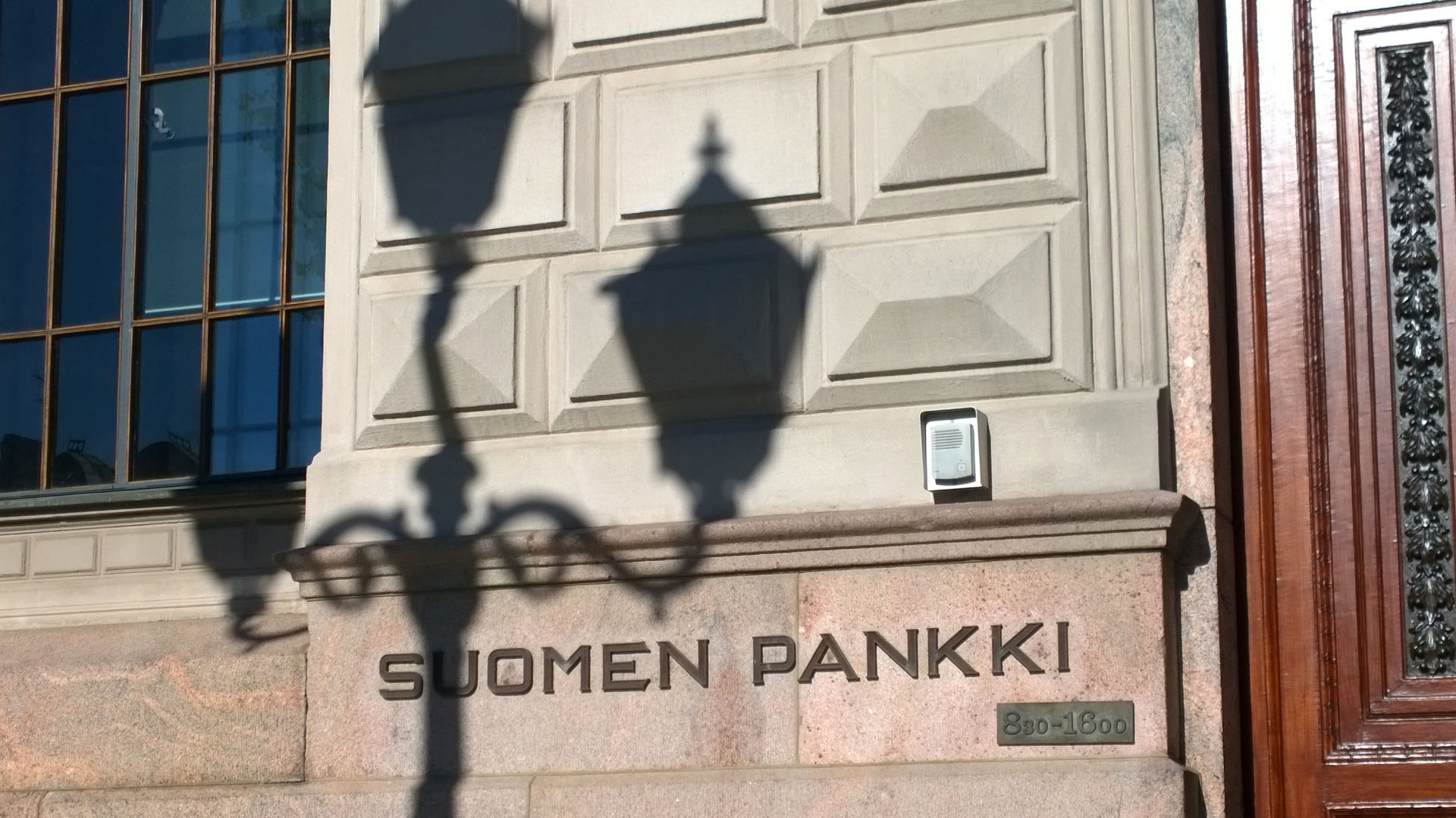Editorial
Monetary policy supports growth in conjunction with other economic policy
Thanks to the Eurosystem’s comprehensive monetary policy measures, monetary conditions in the euro area have been favourable. This is supporting recovery in the euro area economy. Euro area GDP is, in fact, expected to grow at a moderate pace in the immediate years ahead, and inflation is expected to gradually accelerate. This view is also supported by the Bank of Finland’s forecast for the global economy. Risks to the economic recovery relate mainly to developments in the external environment.

According to the forecast by Bank of Finland experts, the global economy is expected to grow by a full 3% annually in 2017–2018. The outcome of the Brexit referendum and the expected lengthy negotiations over the exit process will cast a shadow over the growth outlook over the next few years, particularly for the United Kingdom, but also to some extent for the rest of Europe. In the United States and China, economic growth will continue to be strong and will sustain global growth. Japan’s economic policy challenges will be considerable during the forecast period. The Bank of Japan’s new monetary policy measures are expected to support the growth and inflation outlook. A slight rise in the price of oil is expected to support economic recovery in Russia.
Due to the global risks and the weak inflation expectations in the euro area, the Governing Council of the ECB has stressed that the accommodative monetary policy measures will remain in place until inflation is restored to a stable path towards the medium-term objective, i.e. below but close to 2 % per annum. The Eurosystem will use all available means, as needed, to achieve this objective. With an eye to future monetary policy decision-making, the Governing Council has given the relevant committees the task of assessing the various alternative means for ensuring frictionless implementation of the expanded asset purchase programme (EAPP).
On account of the uncertainties surrounding developments in the foreseeable future, the Governing Council will continue to monitor developments in the real and monetary economies very carefully. Although the euro area economy is expected to recover and inflation to gradually accelerate, in the current situation it is particularly important to monitor short-term economic developments and estimate changes in medium-term growth potential and inflation expectations. Moreover, new information is constantly coming in on the impacts of monetary policy – including the non-standard measures. In assessing monetary policy impacts, it is essential to remember their transmission to the real economy takes time.
The Governing Council’s decisions also take account of the risks posed by very low interest rates, in the shape of negative effects on banks’ lending capacity and the stability of the financial system. Vulnerabilities related to household indebtedness, the housing market and the risk-bearing capacity of credit institutions are managed primarily using macroprudential tools, the sufficiency of which must be ensured at national level.
In difficult times, monetary policy is the focus of a lot of hopes and expectations. Although the current monetary policy stance in the euro area is supportive of economic developments, monetary policy alone cannot achieve long-term economic growth. Therefore, there is a need to substantially accelerate the process of structural reform in all euro area countries in order to speed up potential growth in output.
The simultaneous slower growth in the working-age population and in productivity is a phenomenon that is currently the focus of intensive debate and research. With an ageing population approaching retirement age in the advanced economies and seeking to save allied to a high rate of savings in Asian countries, too, there is strong demand worldwide for safe investment targets. This drive to save is leading to a fall in real long-term interest rates globally. All economic policy decision-makers should seek to prevent sluggish growth and slow inflation becoming a long-term phenomenon.
Helsinki, 28 September 2016
Erkki Liikanen
Governor of the Bank of Finland


